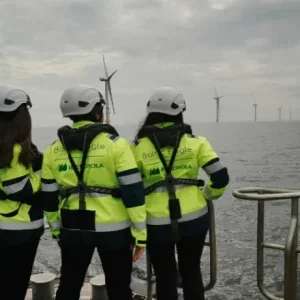The software, developed by Electric Transportation Engineering (ETec), a wholly-owned subsidiary of ECOtality, will be on display this week at the Electric Drive Transportation Association conference held in conjunction with the Washington Auto Show in Washington, DC.
Jonathan Read, president and CEO of ECOtality, said: ”This is an innovative move forward for ECOtality as we continue to cement our role as the leading EV solutions provider.
”Our software platform will allow EV drivers to log in via a website to remotely check the charge status of an EV at any ECOtality charge station, initiate and control the vehicle charging, and even help drivers locate the nearest charging stations.”
The company said that consumers will be able to use the networked portal to program the time of charge. Custom text and email alerts will remind drivers to plug in their vehicles, and will notify them when there is a change in charging activities – including whether a charge is complete or has been interrupted.
In addition, to alleviate range anxiety, a GIS-based mapping system will help drivers find charging stations, identify how many chargers are available at a particular location and whether or not an individual charger is in use.
Mr Read, said: ”This software helps streamline the transition from gas to electric powered vehicles, allowing consumers to charge where they actually spend their time, and providing them peace of mind, knowing that a way to charge is always just around the corner.
”This software will also provide substantial insight into potential repeat revenue models to help develop economically viable business models for the industry.”
The software is being developed by ECOtality’s subsidiary, Etec.
In August 2009, the company was awarded a cooperative federal grant of nearly $100m from the US Department of Energy, funded through the American Recovery and Reinvestment Act, to implement the EV Project.
The company said that the EV Project will establish approximately 11,210 electric vehicle charging stations in home-base, commercial and public locations to support the public adoption of plug-in vehicles in major markets in five states: Arizona, Washington, Oregon, California and Tennessee.






